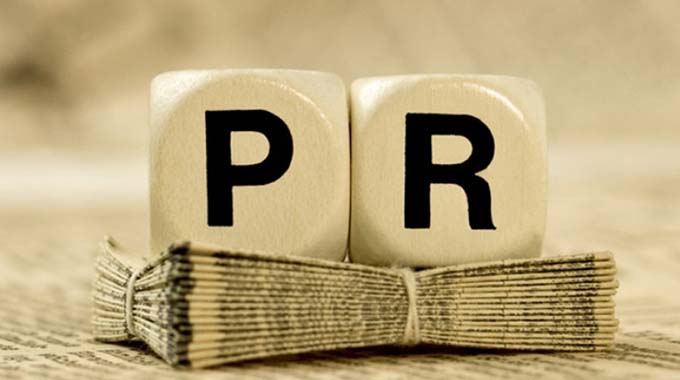How to handle a PR crisis: What to do when a journalist thinks you’re bad

Jon Westenberg
I had breakfast this morning with a dear friend of mine.
We got to talking about how he should respond to a journalist who threw some pretty negative coverage his way.
And it was interesting to think about, because as it turns out, I speak the language of crisis a little bit differently to most founders.
When someone publishes negatively about you online, it’s tempting to think of your response in emotional terms.
You want to clear your name.
You want to prove them wrong.
You want to attack them right back.
You want to show that you’re in the right.
All of these emotional responses are completely wrong. And they’ll bite you in the wrong places.
I want to talk about how you actually need to respond in a PR crisis. When a journalist has written an article about how much they dislike your company, or written anything negative about your work, the first step is simple.
Take A Break. But Not Too Much.
The biggest mistake most founders make in a crisis is that they either rush out a response too quickly, making errors or not thinking about the place of their message in the wider context of a PR response. The second biggest mistake founders make is in delaying their response for far too long.
I tell people to literally just take a day.
Take a day to think, to calm down, to get your facts straight and to work out a message that you can follow and execute and use to guide everything that you want people to understand.
Craft A Message With Empathy, Truth & Reason.
The most important part of a PR response is empathy. People are looking for you to show a lack of it. They want you to buy into the “founders are out of touch” narrative.
When you respond by mocking the people who feel wronged, or the journalist, or the complaints, whatever the negative story is based on, you’ll just make yourself a bigger target.
This is about learning how to say sorry. Most companies will either refuse to say sorry because they insist they’re right, or they’ll give a non-apology. Both lead to outrage.
The right message begins by openly acknowledging the pain or the issues that the story has covered.
Look at the difference between these three messages.
“We disagree that our product has led to negative results for person X. Based on our research, person X doesn’t understand the benefits of what we’re doing.
Vs . . .
We’re sorry that person X feels that they’ve been negatively affected, but we are resolute in our commitment to our platform.
Better, but try . . .
We recognise that our platform has caused a shift in the market, and we understand the pain that’s caused person X. We believe in what we’re building, but we’re committed to understanding person X’s experience and finding a way to improve it.
. . . that last one is the winner. It’s empathetic. People will respect it.
And it also acknowledges the truth.
If you want to turn a negative into a positive, it’s not about hiding the truth, or denying anything. It’s about controlled transparency that never hides a single fact, where the facts come from you, on your own terms.
A good message requires you to openly admit and wave your arms at and point to the truth so much that you are the one everyone believes is the right one to tell it. Good messaging requires you to think strategically.
It’s also important to work out exactly what parts of your position or message you are willing to sacrifice at any moment in order to cede ground to the media or to public opinion in a way that disarms them.
I.E., can you think ahead and make or invent a point, that you are totally willing to sacrifice, into a major part of your platform so that when you burn it or admit it was wrong, it looks like a victory for your critics that will provide a simple end to the narrative?
Finally, you do have to be ready to commit to actual change that you can point to 6 months later when the journalist wants to follow up. If your statement says you want to give better opportunities to person X, just do it. Don’t mess around.
Don’t argue with a journalist. Answer their article.
When you argue with a journalist, and you make it personal, you’re taking a PR crisis and making it a bloody dispute that is never going to go away.
I’ve seen founders respond by attacking the writer. The writer is the one with the platform. Who’s really going to win that fight?
You have to answer their article, and what they say in it, specifically. Note that I said answer, not argue.
You need to be able to say the right words that align with your message, that reduce the threat level of everything expressed in that article.
Take the opportunity to learn!
You know what . . . if a journalist has gone through the trouble of writing a negative article on you, there actually is an opportunity here to learn.
Maybe there is something you need to change! Maybe you are treating workers like rubbish! Maybe you should investigate sexism in your company!
Honestly, see this is a chance to look deep into your organisation and ask the hard questions!
This is a bit of a nerd topic for me, believe me. If you want to learn more, or ask me about any of this, drop me a line: [email protected]








Comments